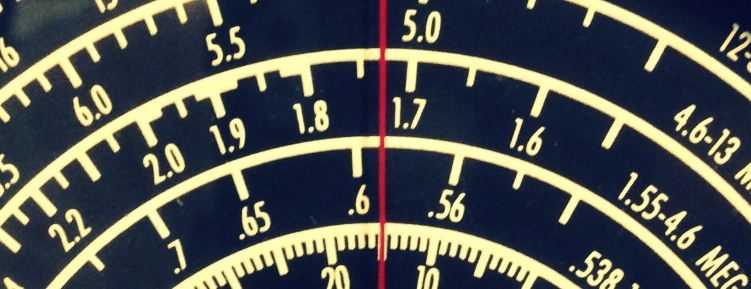 (Source: CatholicCulture.org via London Shortwave)
(Source: CatholicCulture.org via London Shortwave)
As Vatican Radio ends short-wave broadcasts, others expand
As Vatican Radio closes an era by ending its short-wave transmissions, other broadcasters are stepping up their involvement in the short-wave field, notes Sandro Magister of L’Espresso.
Msgr. Dario Vigano, the prefect of the Vatican’s new Secretariat for Communications, has cut off short-wave broadcasts—long the heart of the Vatican Radio operation—in a move to cut costs and move toward emphasis on communicating through the internet. But Magister observes that short-wave transmissions retain their “unique ability to arrive as a free and true voice even in the most geographically and politically inhospitable places of the world.”
The Italian Vatican-watcher reports that other broadcasters are expanding their short-wave offerings. BBC has invested £85 million (almost $105 million) in a drive to expand its short-wave capacity. And Japan’s NHK network has inquired about purchasing the broadcasting station at Santa Maria di Galeria, just outside Rome, that Vatican Radio will no longer use.
Read this article at CatholicCulture.org.

Makes sense, a great centrally located transmitter with good hops into the rest of Europe.
NHK’s possible purchase of the SM Galeria site would make very good strategic sense. It would give them wonderful access with a very strong signal to Europe, all parts of Africa, and the Middle East. This would mean that they would no longer need to buy transmitter time from sites such as (at least for the current B16 transmission period) Issoudun, Tashkent, Nauen, Woofferton, Madagascar, Dhabayya and Meyerton – all of which must amount to a significant cost each month!
Perhaps even more significant is that it seems to indicate that NHK desire an ongoing international presence on shortwave. They apparently see a future in shortwave broadcasting. It will be interesting to watch developments here.
When exactly did (will) the Vatican cease broadcasts? Seems like I’m still hearing their programming in some of the more obscure languages. I assume they are phasing programming out over time?
I enjoy NHK’s broadcasts here in California. It is good to see some broadcasters realize the continued value of shortwave.
Thailand and the BBC’s row, RNZI’s moving into a pivotal role as Australia’s voice declines (because they can’t afford the 1 or 2 million aust dollars to keep their service going); shows that shortwave is an important medium, a mature medium that will continue to inform peoples around the globe.